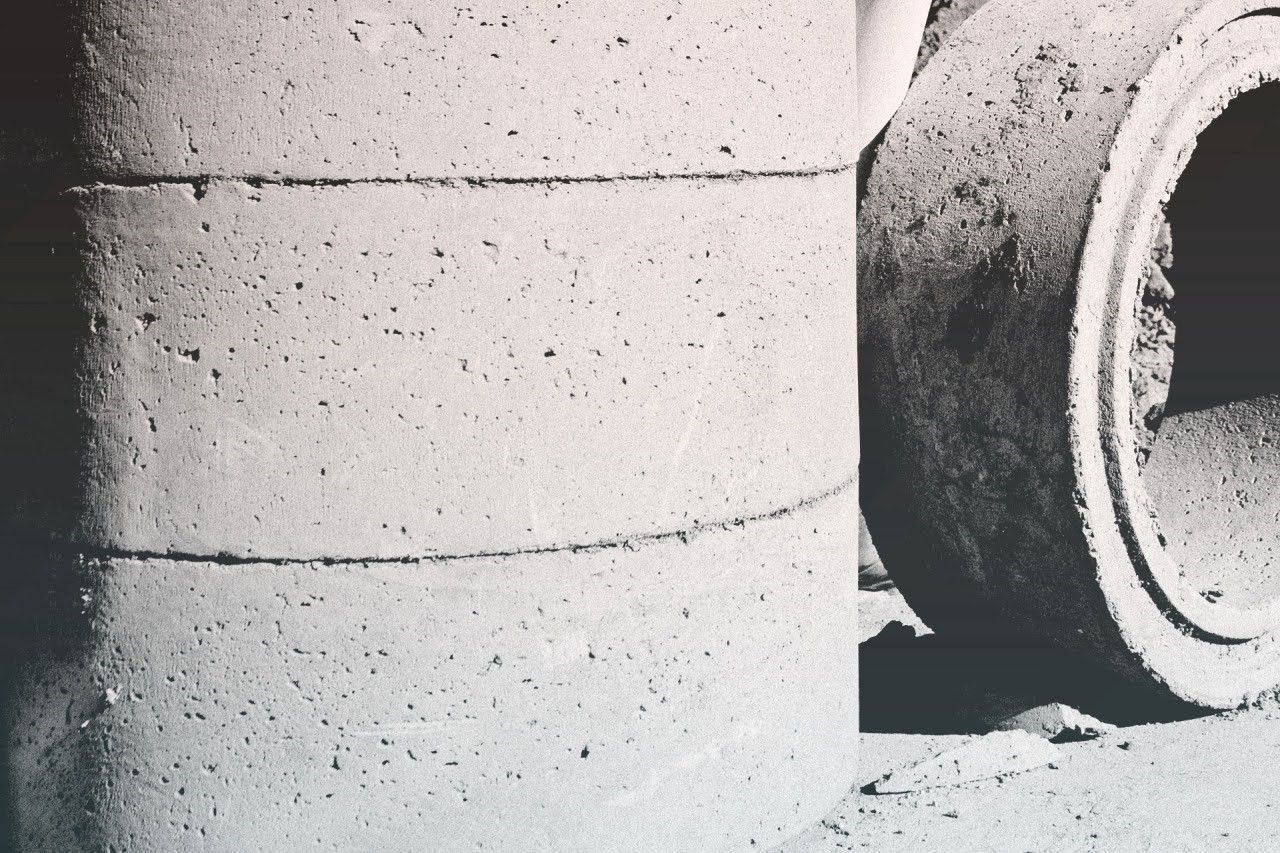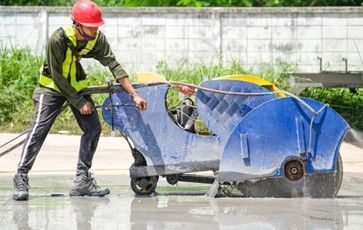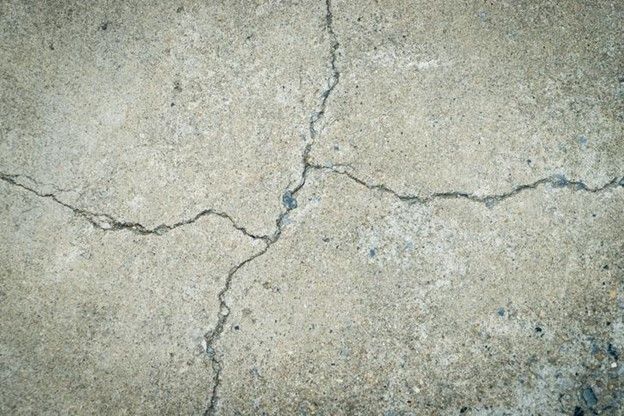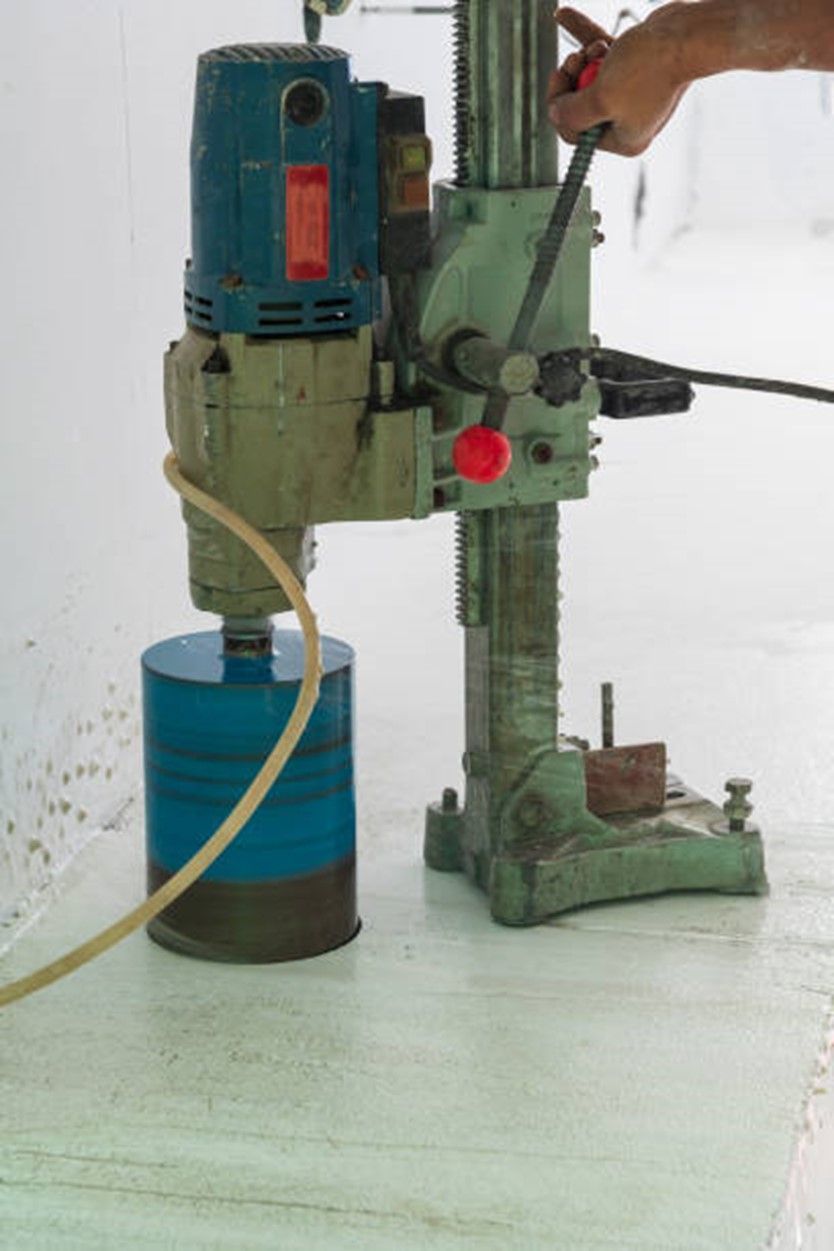Residential • Commercial • Industrial
4 Factors That Damage Concrete Driveways
Many homes have concrete driveways, and while they last a long time, they don't last forever. Many factors can damage your concrete driveway, causing it to break down faster. If you would like to know more, keep reading.
1. Excess Water
Water may come directly from rainfall, but the real problem arises if your yard has poor drainage or the water is draining toward the driveway. Excess water seeps into the concrete, which is a relatively porous material. Over time, this water can erode parts of the concrete. While not usually a problem in Louisiana, if the water freezes, it could expand and cause further damage.
Besides the concrete itself, excess water attacks the underlying ground that supports the driveway. This may erode parts of the soil, which can cause the driveway to sink in certain areas. In some cases, the excess water also swells the soil, pushing the driveway upward. All this increases the risk of the driveway cracking.
You can help avoid this problem by ensuring your yard has good drainage or keeping gutters clean. In addition, make sure your driveway has control joints. Control joints are purposely cut lines on the driveway or in other types of concrete. They create "weak spots" where you want them. So if the driveway does crack, it's more likely to crack along the control joint, which will hide the crack and keep your driveway looking undamaged.
2. Excess Weight
Excess weight can also be problematic, and the issue is exacerbated if you also have poor drainage. The excess weight puts uneven stress on parts of the driveway, causing it to snap along weak spots. Naturally, you can park your vehicle on the driveway, but it's best to avoid larger items like:
- Semi-trucks
- RVs
- Buses
- Big garbage dumpsters
- Heavy machinery
When in doubt, assume your driveway (as long as it's about four inches thick) can withstand about 8,000 pounds. On average, a compact car weighs about 2,600 to 3,000 pounds and a large SUV weighs about 5,400 to 6,000 pounds. You can help reduce the risk of ugly cracks from excess weight by ensuring you have the previously mentioned control joints.
3. Roots
Roots can cause a lot of problems if you plant something too close to the driveway. This is particularly a problem with trees. Some trees have roots that spread out as far as the canopy, if roots grow into or directly under the driveway, they push it up, increasing the risk of damage.
If you want to plant a tree near the driveway, make sure the roots grow downward rather than outward. This should prevent any major issues. Control joints can also help hide cracks related to minor root damage. However, larger root damage may require more extensive repairs or total replacement.
4. Corrosion
Concrete is not immune to corrosion. Over time, contact with certain contaminates can wear down the concrete. Corrosion can also be caused by leaking oil or other chemicals from your vehicle. If you spot any stains under your vehicle, get your vehicle checked. Oil, in particular, can severely damage concrete.
If corrosion is a problem, make sure to seal or treat the surface regularly. By ensuring you have control joints, you'll help prevent any unwanted cracks if the driveway becomes weak and brittle from corrosion.
Concrete driveways don't need much attention. However, many factors can affect their beauty and durability. Control joints are a great way to help reduce the risk of unwanted cracks by hiding them in pre-made cuts. If you would like to know more,
contact us at Capitol City Concrete Cutters today.









